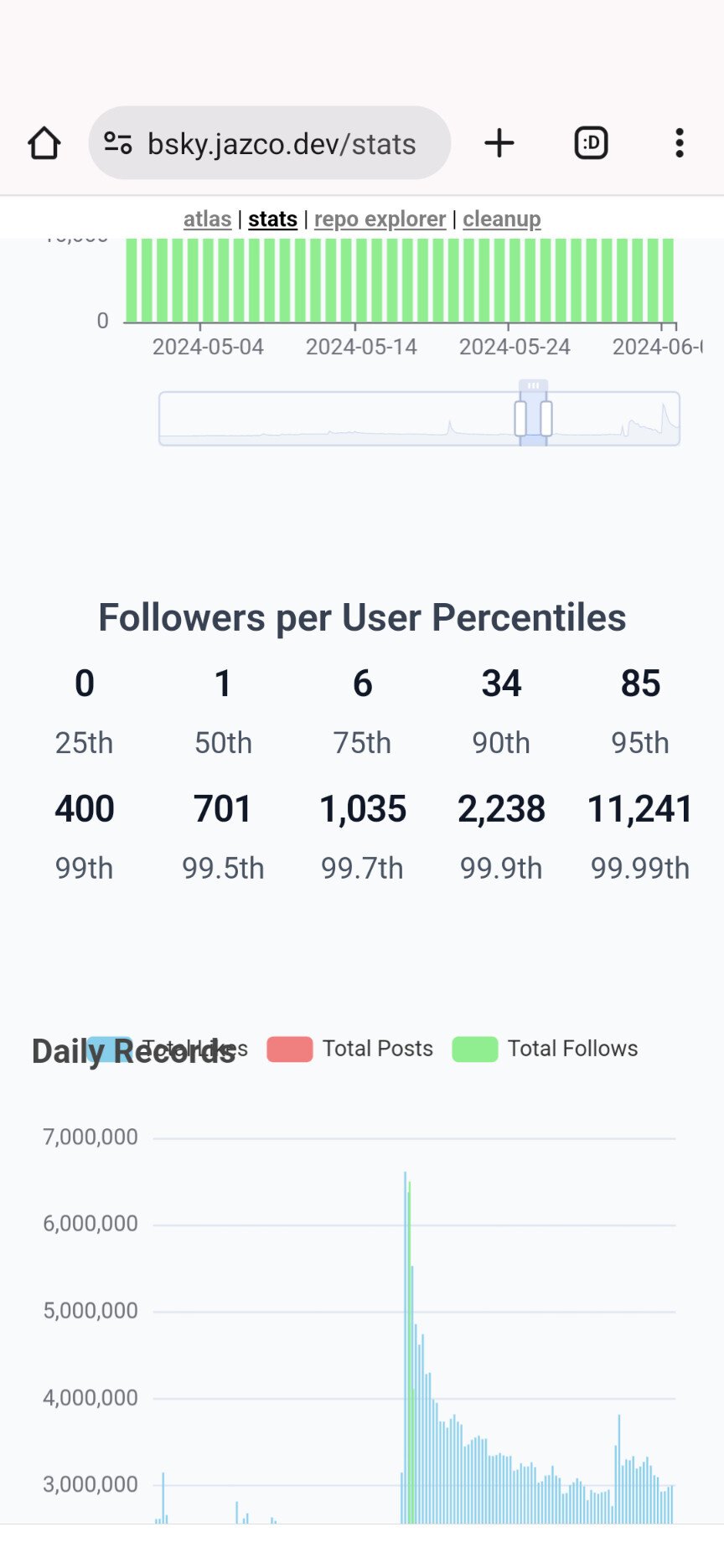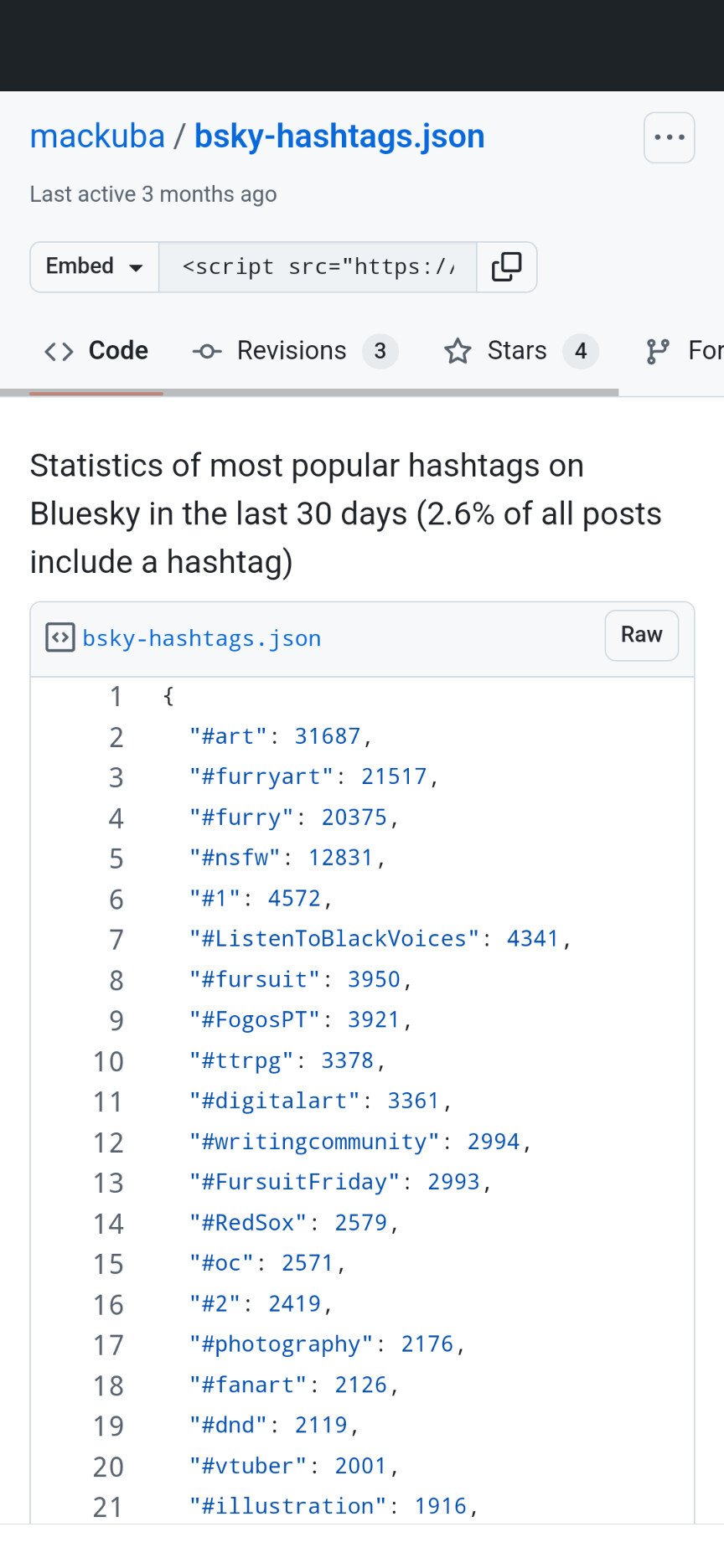We also need competition and for decades now the offices that were supposed to safe guard us from monopolies have been green lighting again and again mergers and acquisitions that result in only one or two dominant players in every market. There should be a blanket rule that if there are less than 10 companies (of somewhat similar scale) operating in some market none of them are allowed to merge or acquire each other.
Technology
This is a most excellent place for technology news and articles.
Our Rules
- Follow the lemmy.world rules.
- Only tech related content.
- Be excellent to each another!
- Mod approved content bots can post up to 10 articles per day.
- Threads asking for personal tech support may be deleted.
- Politics threads may be removed.
- No memes allowed as posts, OK to post as comments.
- Only approved bots from the list below, to ask if your bot can be added please contact us.
- Check for duplicates before posting, duplicates may be removed
Approved Bots
Yeah. We desperately need anti-trust laws to actually be enforced. I think we've proven that nuanced and thoughtful rules don't cut it, so I'm in favor of some deeply restrictive new rules that are impossible to mis-interpret.
I also think we should create laws with immediate financial incentives for breaking up monopolies.
I'm essence, we need a law that I, as a random citizen, can just climb into any parked Amazon truck and take it home.
I think Amazon would be a lot more interested in splitting the company along appropriately legal lines if the alternative was the owned capital just getting declared public property on a random Tuesday next year.
So I was spitballing some ideas around this a while back, although I was more focused on income inequality at the time. I think the best idea I came up with was something like a progressive taxation system where a company's taxes were determined by the highest paid employee (including the value of benefits and things like stock grants) minus the lowest paid employee, divided by the company head count. If executives want to keep bringing in eye watering salaries they either need to pay all their employees significantly more, or hire a hell of a lot more of them at current rates. There's probably some flaws and things that could be tweaked there, but I think it's a start.
I think the author was too generous, the majority of signups are bots/AI mixed with super casual side accounts. 2.2 million Brazilians sign-up in a couple days? I call bullshit. Even if that were true, they signed-up and don't use it. Why do I believe that?
It's because the awesome account I follow Quanta Magazine gets 20 hearts/likes/whatever and often less than 10, with 0 or 1 comment. Super weak interaction across the whole platform if you check out accounts that should be popular.


Doctorow is a gem. Great article, thanks for posting. I basically agreed with everything he said.
He also writes fiction, if you're into that.
Cory doesn’t miss
I find the intermediary classification a bit unconvincing and perhaps unintentionally misleading. It sounds like a nice framework to look at the world and it does describe the particular domain alright and it allows for drawing useful conclusions. Unfortunately solving the problems it highlights would produce marginal gains because I think intermediaries as described are just a special case of something more general. Firms of any kind are acting as intermediaries in the exchange of the products of people's labor. The effects are all the same, these intermediaries make the exchange easier at the expense of keeping some of the labor products from one end or the other, but usually both. It seems to me that the problem of the platform intermediaries power is just a special case of the power of firms over labor. Which really reduces to the problem of the power of capital over labor. If we somehow solve the platform intermediaries problem, we leave the general problem unsolved. And then if we don't think in terms of the general problem, we can't even solve the special problem because the tools needed are controlled by capital. That is the lawmakers who could change the law are paid by the powerful intermediaries (firms) and not by the people on either end of the intermediaries. If we hope to ever solve any of this I think we have to look at the world through the general lens and focus on ways to reduce the amount of capital accumulated by firms from people's labor. Fortunately there are well known solutions for that and they're actionable for most people.
oof they picked the wrong week to stop sniffing glue
Plus, check this out. The platform says I have 12 followers but only 4 show up. Major problems over there.

I think enshittification is a one-way street.
I've found enshittification to go in cycles, with mixed results for recovery.
- Google successfully embraced extended and extinguished XMPP, but now it seems like most folks use Discord, Skype, Zoom, Signal, and whatver Meta calls their spyware today. Our chat experiences certainly aren't living the FOSS dream, but at least Google Talk doesn't feel mandatory anymore like it briefly did after it "extinguished" XMPP. (Did Google kill Talk? I can't keep track of what Google hasn't killed yet.)
- Mobile operating systems have been a bumpy ride with highs and lows, but Android, the current most common mobile OS, is a lot more open than anything we had before. The vendor builds of Android that most people accept are, indeed, enshitifying now, so I guess the verdict is still out.
- The web itself tried hard to go fully proprietary several times: with Microsoft COM, Microsoft ActiveX, Adobe Flash, and Microsoft Silverlight, among others. These are all completely gone now. Today, almost every scrap of technology serving and browsing the web is open source. Of course, most of search is still closed and enshitifying, and the open options for social media are very new, so there's still plenty of room to improve or lose ground.
- The Commodore 64, a (delightful, but closed) proprietary platform, was once the single best selling single computer model of all time. Today that title goes to the Raspberry Pi, a mostly open hardware specification that is rapidly improving.
Anyway. There's cause for hope, along with plenty of reasons to be concerned.
Enshittification is not just erosion\reduction of the role of open projects and non-encumbering licenses.
All your examples are of successful enshittification. Except since C64 a lot has changed.
XMPP - you're right, but wrong. It's still usable, which is more than what one can say on other examples. But it's architecturally insecure and half-broken. Some kind of "Signal with federation" would be interesting.
Android - yes, using it in a good way is more rare than FreeBSD on desktops. And the ecosystem is good only compared to Apple's.
The Web - you are as wrong as it gets. It was really open, with standards one can grasp, and with the ability to use any embedded content using all kinds of plugins, usually proprietary, but not always, via Netscape plugin API. Java applets - open enough, but often insecure, Flash videos - that one could play with open plugins usually, Flash games and other applications - usually not, but you wouldn't have to install Flash if you don't want that. The security problems could be solvable with sandboxing, maybe with something else. The browser itself had only to support web standards and said NPAPI (if one wanted those plugins). People do come up with all sorts of solutions. Instead of looking for solutions everybody was looking for an excuse to make a web browser itself an overly complex platform. Some consciously, and some thinking that the magic of the Web will grow with its functionality. It was the opposite. It is enshittified because of stuffing everything into the browser instead of modularity.
C64 and RPi - these are too different to say anything. But RPi being open is not true.
Anyway. There’s cause for hope, along with plenty of reasons to be concerned.
My cause for hope is that the humanity will do the right thing after exhausting all other options. Just as usual.